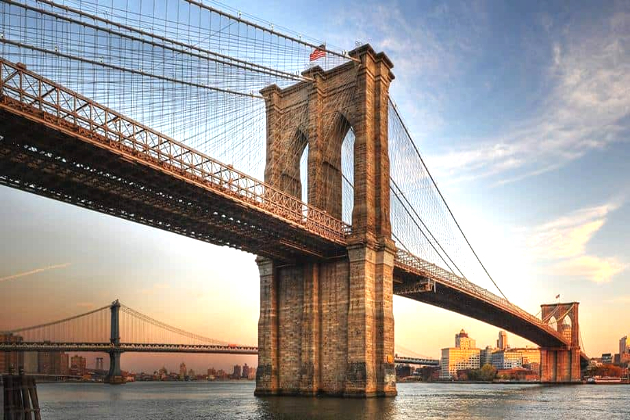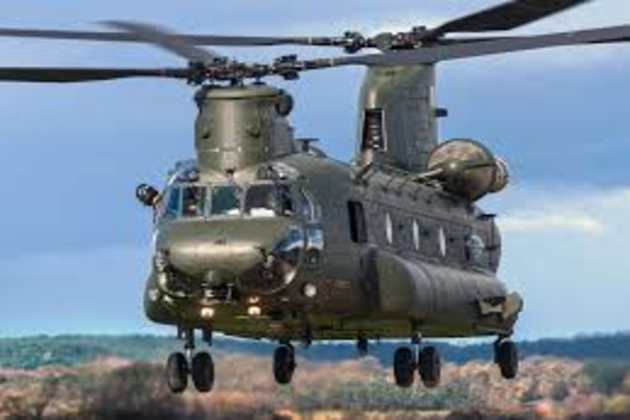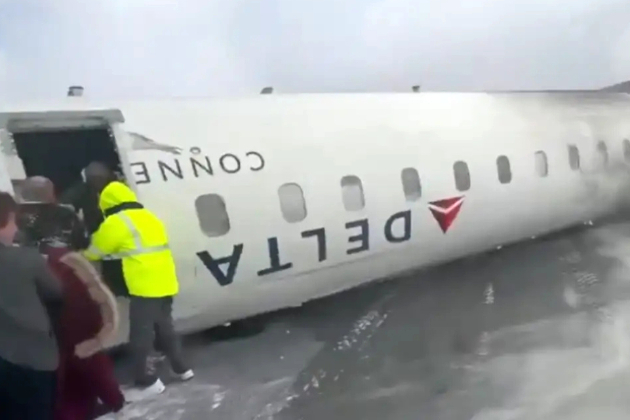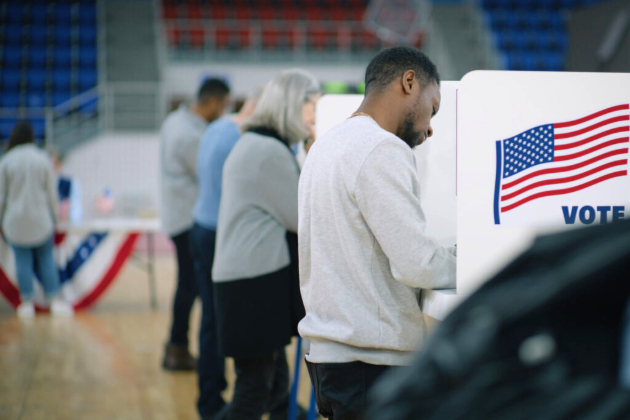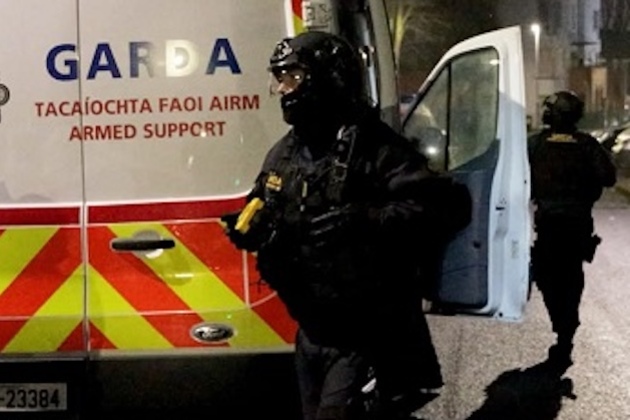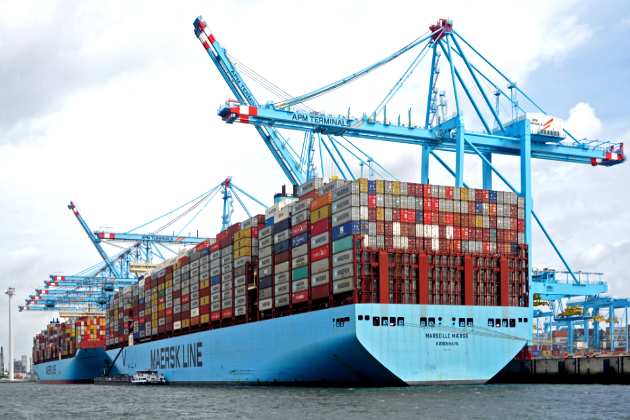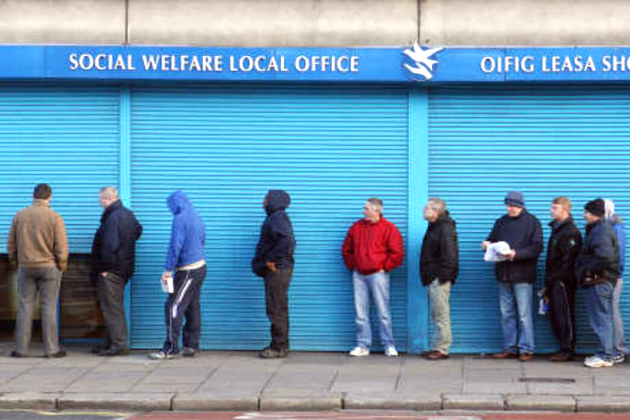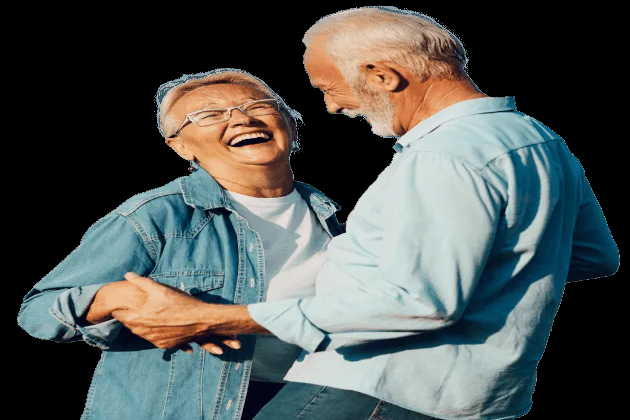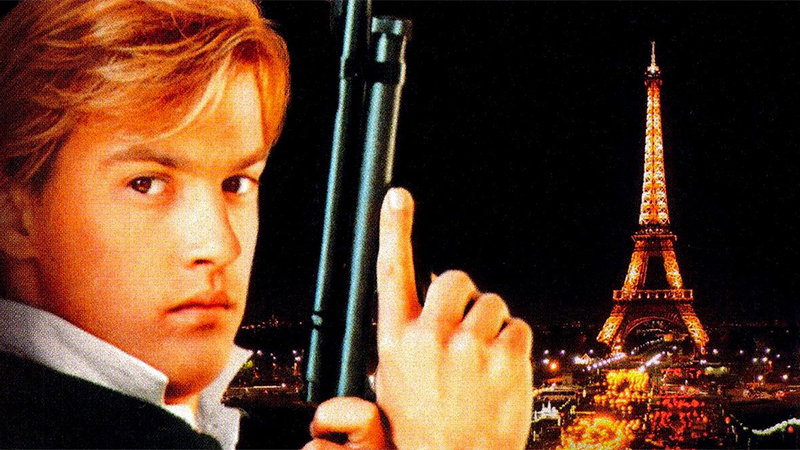Can Georgia handle Sergey Lavrov
Eurasianet
29 Jan 2020, 20:19 GMT+10
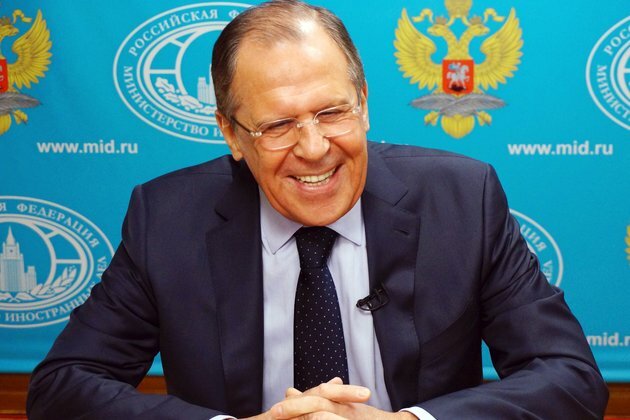
Russian Foreign Minister Sergey Lavrov could become this year's most controversial visitor to Georgia, if he decides to take President Salome Zourabichvili up on her invite to drop by. The last time a Russian official visited Georgia - a far junior one, at that - it sparked a national crisis.
The foreign ministers of 47 members of the Council of Europe are expected to gather in Tbilisi in May. That includes Russia, Georgia's main foe. But Zourabichvili says that Lavrov is welcome, even if it would violate Georgian law and trigger public protests.
Hosting Lavrov or other Russian diplomats "is not easy, that is not easily accepted by the population, but this is something that we are going to do," Zourabichvili said, speaking on January 28 in Strasbourg at a session of the Parliamentary Assembly of the Council of Europe (PACE).
Out of respect for the Council of Europe, Tbilisi will set aside its enmity with Moscow to let Russian diplomats into the country, even if Russia in general and its specific diplomats are in breach of Georgia's "law on occupied territories," Zourabichvili added.
Lavrov's past visits to Abkhazia and South Ossetia, breakaway Georgian territories heavily backed by Russia, violate Georgian law. Beyond that, Lavrov is second only to President Vladimir Putin as the embodiment of the Russian state that most Georgians see as occupying their territory and thwarting their progress toward integration with the west.
When the Georgian government invited a far less prominent Russian official, member of parliament Sergey Gavrilov, to visit Tbilisi it sparked a national and international crisis last summer. Gavrilov's televised visit to Georgia's parliament, where he provocatively sat in the speaker's chair, nearly cost the ruling Georgian Dream party its power and led to the worst crisis of its eight years in power. Huge protests effectively drubbed Gavrilov out of the country and in response Putin banned direct flights to Georgia and called on Russian citizens to leave the country.
"You, as a president of a hospitable country, did not condemn the beating of representative [Gavrilov] of Russia delegation, so your country became dangerous not only for political freedoms and religions and Jews and other international minorities and women, but also to the parliamentarians as well," a Russian delegate to PACE, Leonid Kalashnikov, told Zourabichvili at the January 28 session.
To be clear, Gavrilov did not suffer any actual beating, and the rest of the Russian delegate's claims describe Russia better than Georgia: Russia was expelled from the Council for violating the organization's human rights principles and was only readmitted last summer. But Zourabichvili's response was measured and focused on Tbilisi's readiness to honor its international commitments.
"Georgia is going to bypass its own legislation, which prevents people who are visiting the occupied territories without our authorization, from re-entering Georgia," Zourabichvili said in response to Kalashnikov.
Lavrov's visit would likely spark mass protests, but for Tbilisi there is no simple way of avoiding it. Late last year, Georgia assumed the rotating presidency of the Council of Europe, which the government touted as testimony of the country's progress toward European integration. But the role came with a catch: Georgia is expected to host a gathering of the foreign ministers that coordinate the body's work.
"There will be some outcry in Georgia," Kornely Kakachia, director of Georgian Institute of Politics, told Eurasianet. "It is a very delicate situation, because Georgia has a commitment under international law to host and give same kind of treatment to all delegations... That's why the Georgian authorities don't really know what to do."
Zourabichvili's words in Strasbourg prompted angry responses back home from opposition groups and government critics who have long accused Georgian Dream of "capitulation" to Russia. "The president's remarks run counter to Georgia's best interests," said Grigol Gegelia, a member of the opposition group Lelo, at a press conference. "We are very concerned that the Georgian president, the head of the republic and the commander in chief finds it acceptable to talk about the government bypassing Georgian law."
Zourabichvili's comments amounted to "accepting the Russian occupation of Georgia's territories," added Khatia Dekanoidze of the United National Movement, the country's largest opposition group. "I'd like to warn the Georgian government to come to its senses and not let another 'Gavrilov' from happening, as nobody is going to let Lavrov and the Russian delegation into Georgia," Dekanoidze said.
Faced with the outcry, Georgian Dream hastened to clarify that the decision on Lavrov's visit does not belong solely to Zourabichvili and has to be made collectively by the government. It is unlikely, though, that Zourabichvili was speaking without the imprimatur of Bidzina Ivanishvili, the billionaire chairman of Georgian Dream and her political mentor. During her remarks in Strasbourg, Zourabichvili even slipped, describing the billionaire as "President Ivanishvili."
Zourabichvili's predecessor, Giorgi Margvelashvili, came to her defense. "By not letting Lavrov in we may upset our European friends, who are in fact defending us from Lavrov," said Margvelashvili, who also was once Ivanishvili's protege but has since turned into a critic.
Lavrov himself has not made public any plans to travel to Tbilisi but at least someone from the Russian foreign ministry is expected to attend the May meeting. "Whoever will come here .... I think there will be huge demonstrations against them," Kakachia said. "I don't think any Russian delegation who comes here will feel comfortable."
 Share
Share
 Tweet
Tweet
 Share
Share
 Flip
Flip
 Email
Email
Watch latest videos
Subscribe and Follow
Get a daily dose of Irish Sun news through our daily email, its complimentary and keeps you fully up to date with world and business news as well.
News RELEASES
Publish news of your business, community or sports group, personnel appointments, major event and more by submitting a news release to Irish Sun.
More InformationInternational
SectionUS unveils plan to modernize air traffic control amid safety concerns
WASHINGTON, D.C.: With flight delays rising and aviation safety under scrutiny, the U.S. government is preparing a sweeping modernization...
NTSB calls for urgent safety checks on 68 US bridges, including icons
WASHINGTON, D.C.: The U.S. National Transportation Safety Board (NTSB) has called for urgent safety checks on 68 bridges, including...
US expands oil, gas leasing and eases Alaska energy restrictions
WASHINGTON, D.C.: U.S. Interior Secretary Doug Burgum has announced plans to open more land for oil and gas drilling in Alaska and...
Lawmakers push for fewer military flights in Washington D.C. area
WASHINGTON, D.C.: Ten Democratic lawmakers in the U.S. House of Representatives have asked the Pentagon to reduce military training...
Delta crash-landing probe finds dangerous descent before touchdown
TORONTO, Canada: An initial investigation into last month's dramatic Delta Air Lines crash-landing in Toronto has revealed that the...
New York court blocks law allowing over 800,000 non-citizens to vote
NEW YORK CITY, New York: New York State's highest court has struck down a law this week that would have allowed over 800,000 legal...
Europe
SectionNumber of arrests over Monday's organised crime bust rises to 6
DUBLIN, Ireland - A sixth person has been taken into custody following Monday's search raids in connection with an ongoing investigation...
Ireland’s Central Bank warns of economic risk from US-EU trade dispute
DUBLIN, Ireland: As tensions rise between the United States and the European Union over potential tariffs, Ireland's Central Bank governor...
Welfare cuts in Ireland hit jobseekers under stricter work mandates
DUBLIN, Ireland: In 2024, thousands of jobseekers saw their welfare payments reduced for not fully engaging with employment support...
Finance minister warns trade war could hurt Ireland’s economy
DUBLIN, Ireland: Ireland's Finance Minister Paschal Donohoe has warned that an escalating trade war between the European Union and...
Ireland climbs to 15th in World Happiness rankings
DUBLIN, Ireland: Ireland has risen two places to become the 15th happiest country in the world, according to the World Happiness Report...
EU to cut steel import quotas by 15% to counter US tariff fallout
BRUSSELS, Belgium: The European Union is set to tighten steel import quotas starting in April, reducing inflows by 15 percent to prevent...


